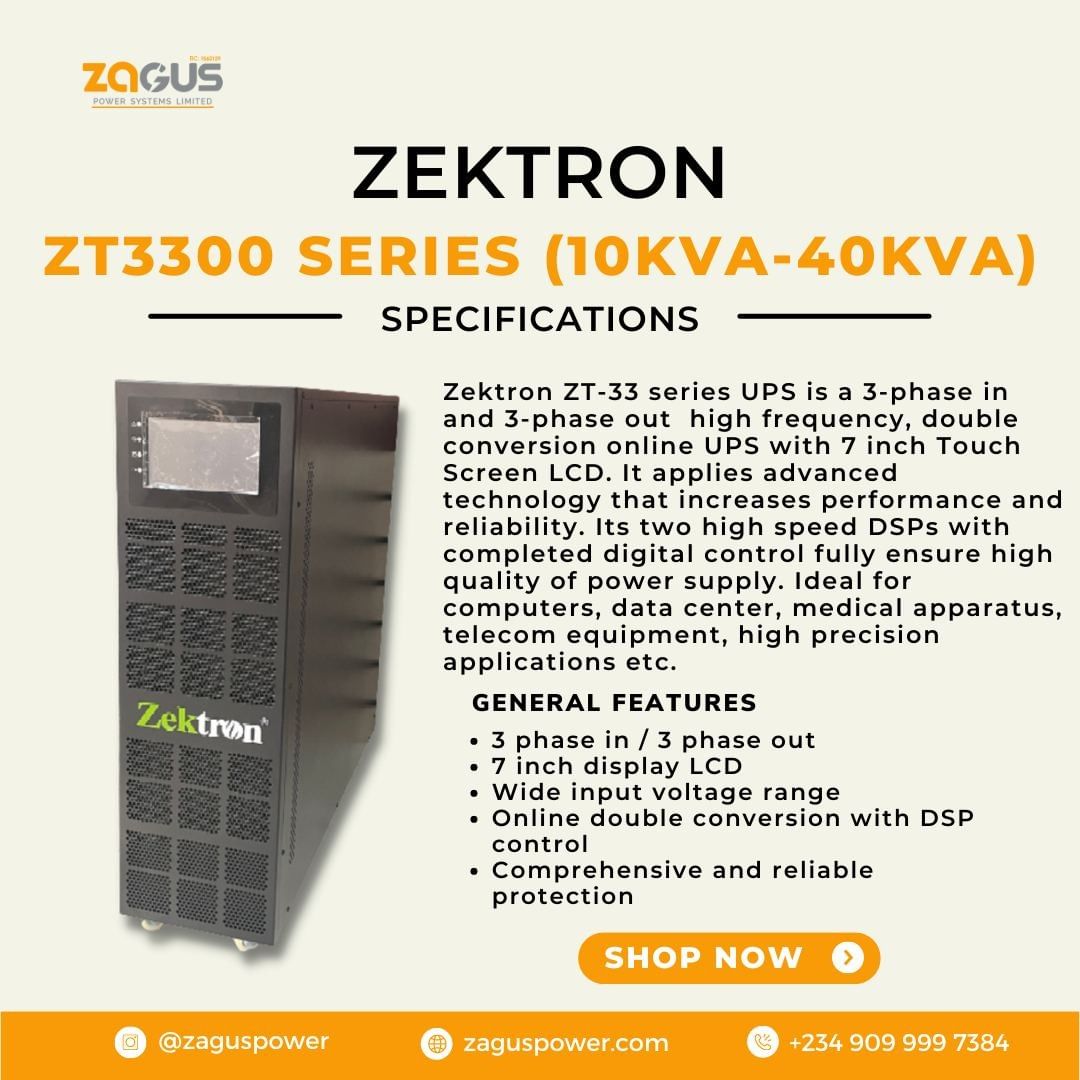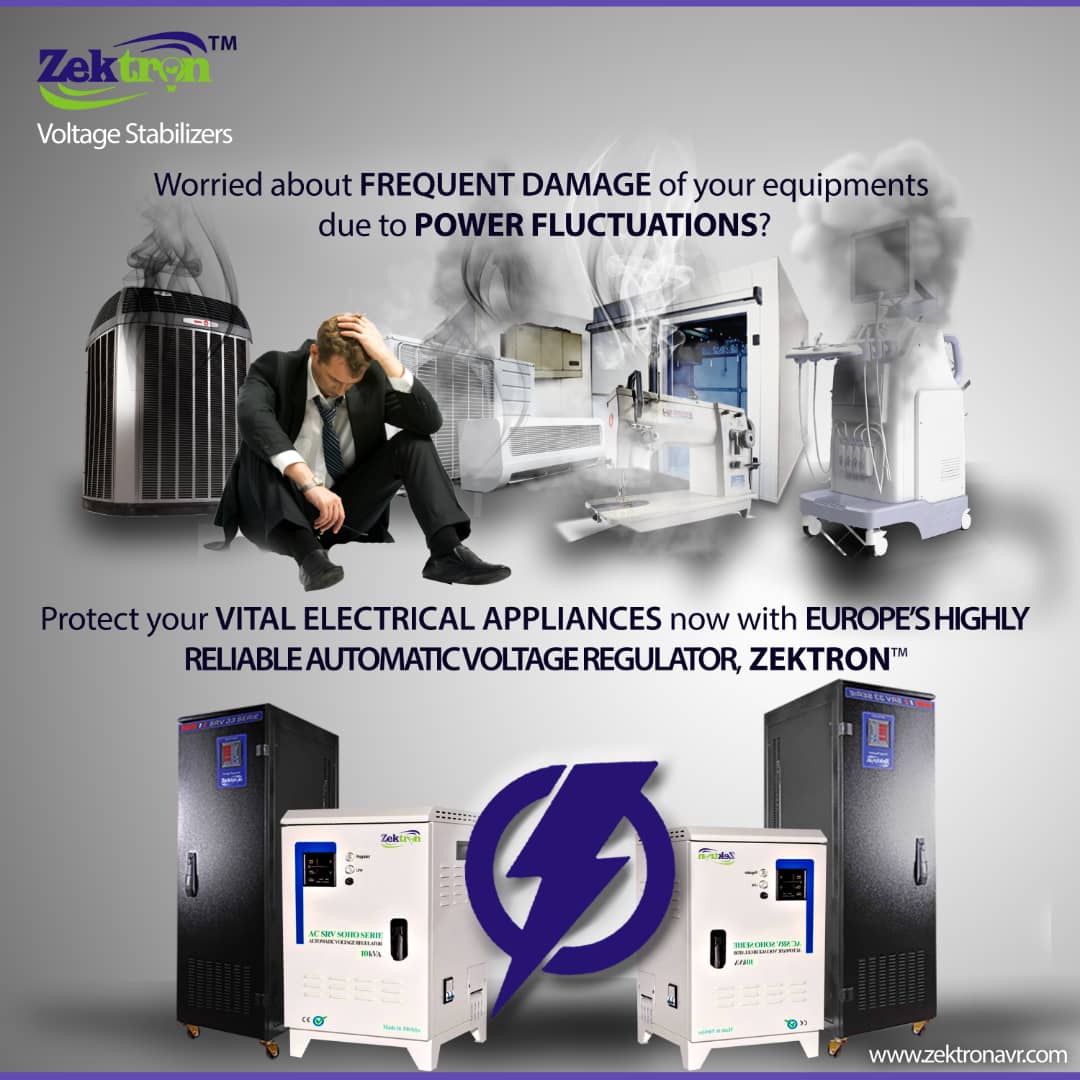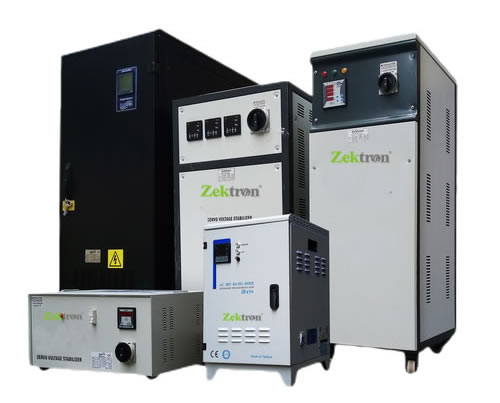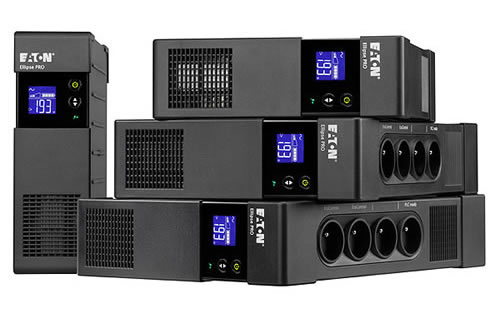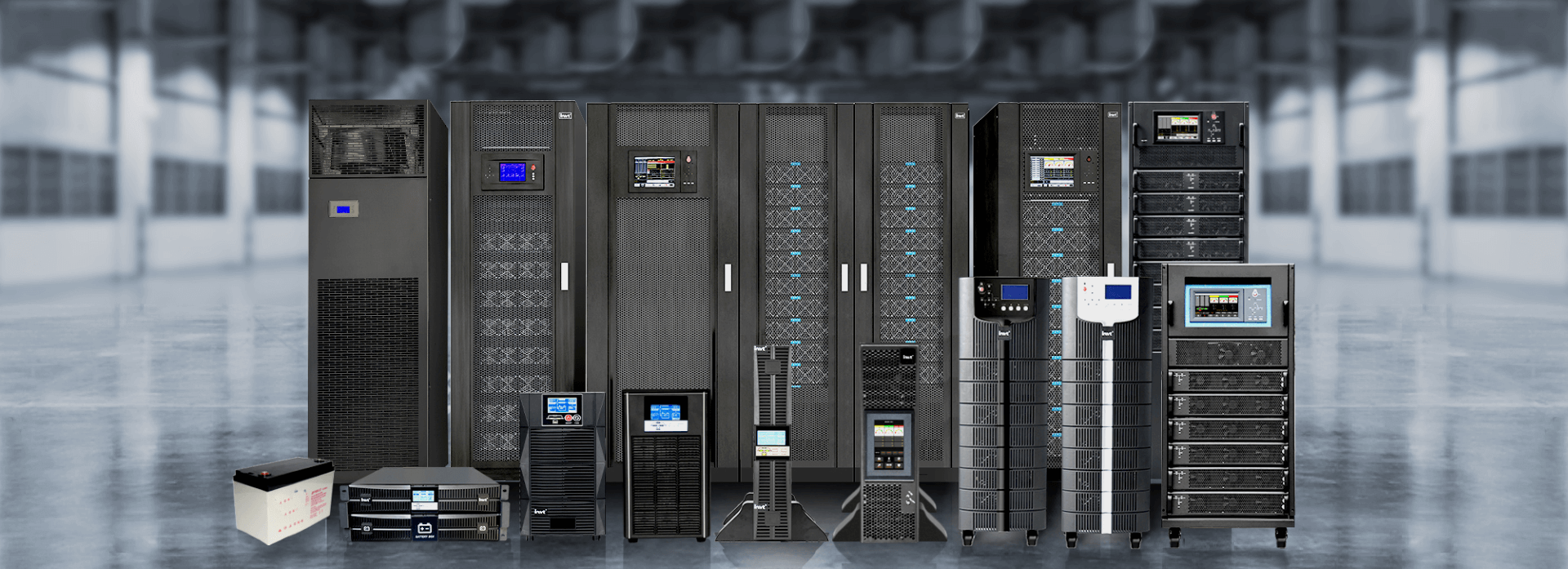Uninterruptible Power Supplies (UPS) For Banking and Finance Applications
Many companies are unprepared for business disruptions caused by power blackouts and are often unaware of the actual costs and impact that they can have on their operations. While the majority of power failures from national grids last only a few hours, some blackouts can last days or even weeks. This completely shuts down production […]


